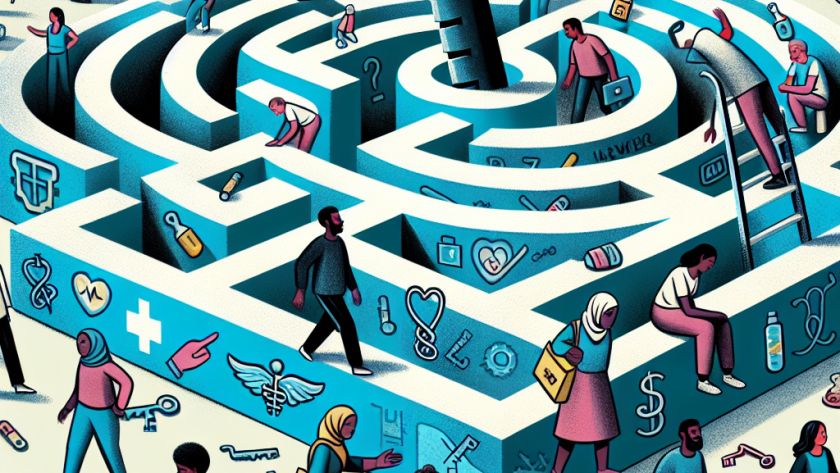


Advancements in artificial intelligence (AI) have transformed the approach to aortic aneurysms (AA) care, positively impacting patient outcomes. AI has been implemented at Yale's New-Haven Health for providing improved care to abdominal aortic aneurysm (AAA) patients.
The use of AI in AAA patient care provides a myriad of benefits including early and accurate flagging of enlarged…

Artificial Intelligence (AI) is revolutionizing the care provided to stroke patients by enhancing triage and reducing treatment times through efficient clinical workflows. In fact, there has been a marked increase in the number of new clinical AI vendors entering the healthcare market. However, among the several AI solutions available, Aidoc sets itself apart in providing…

A patient vividly demonstrates how artificial intelligence (AI) can potentially enhance patient care in complex health systems by catching missed care opportunities. After entering the Emergency Department (ED) with acute abdominal pain, they are quickly diagnosed via a CT scan with diverticulitis involving a perforation, swiftly treated and sent home pain-free. However, buried in the…

With a multitude of options available, beginning the journey with AI Healthcare Companies can be daunting. These companies promise unique benefits and workflow enhancements by utilizing AI. They cater to various sub-specialties, like surgical robotics, fintech and insurance, diagnostics, cybersecurity, text analysis, and conversational AI/bots.
AI holds the promise of improving and quickening clinical workflows,…

Artificial intelligence (AI) in healthcare has evolved beyond merely automating call centers and scheduling reminders. It has begun to revolutionize clinical workflows, significantly improving patient outcomes in real-time environments. This write-up explores ten real-life examples of AI's profound impact across several healthcare settings and service lines.
The first example provides insights into how AI can analyze…

Sarah, a 45-year-old woman suffering from troubling symptoms, represents the difficulties faced in a fragmented healthcare system. With a family history of severe medical issues, she's referred by her primary care physician to a variety of specialists. However, her records frequently get lost or misinterpreted in the process, leading to incomplete data about her overall…

AI in healthcare isn’t about replacing human doctors but about augmenting their abilities, like the synergy between Luke Skywalker and R2D2 in Star Wars. Rather than extra 'boots on the ground,' AI serves as extra 'circuits on the ground,' helping clinicians navigate obstacles in patient care swiftly and efficiently.
AI has come a long way since…

The emergency department (ED) plays a crucial role in providing immediate healthcare to individuals with a range of conditions. However, overcrowding in EDs can compromise the delivery of prompt and effective assistance, having significant clinical and economic consequences. Many inpatient hospital admissions come via the ED; thus, its effectiveness can significantly impact overall clinical care.
The…



The changing nature of the regulatory environment for clinical AI presents unique challenges for leaders in the healthcare sector. As healthcare systems look to adopt and implement AI responsibly, a range of regulatory compliance issues have come to the fore, bringing with them the need for effective internal governance structures. The application of AI in…
